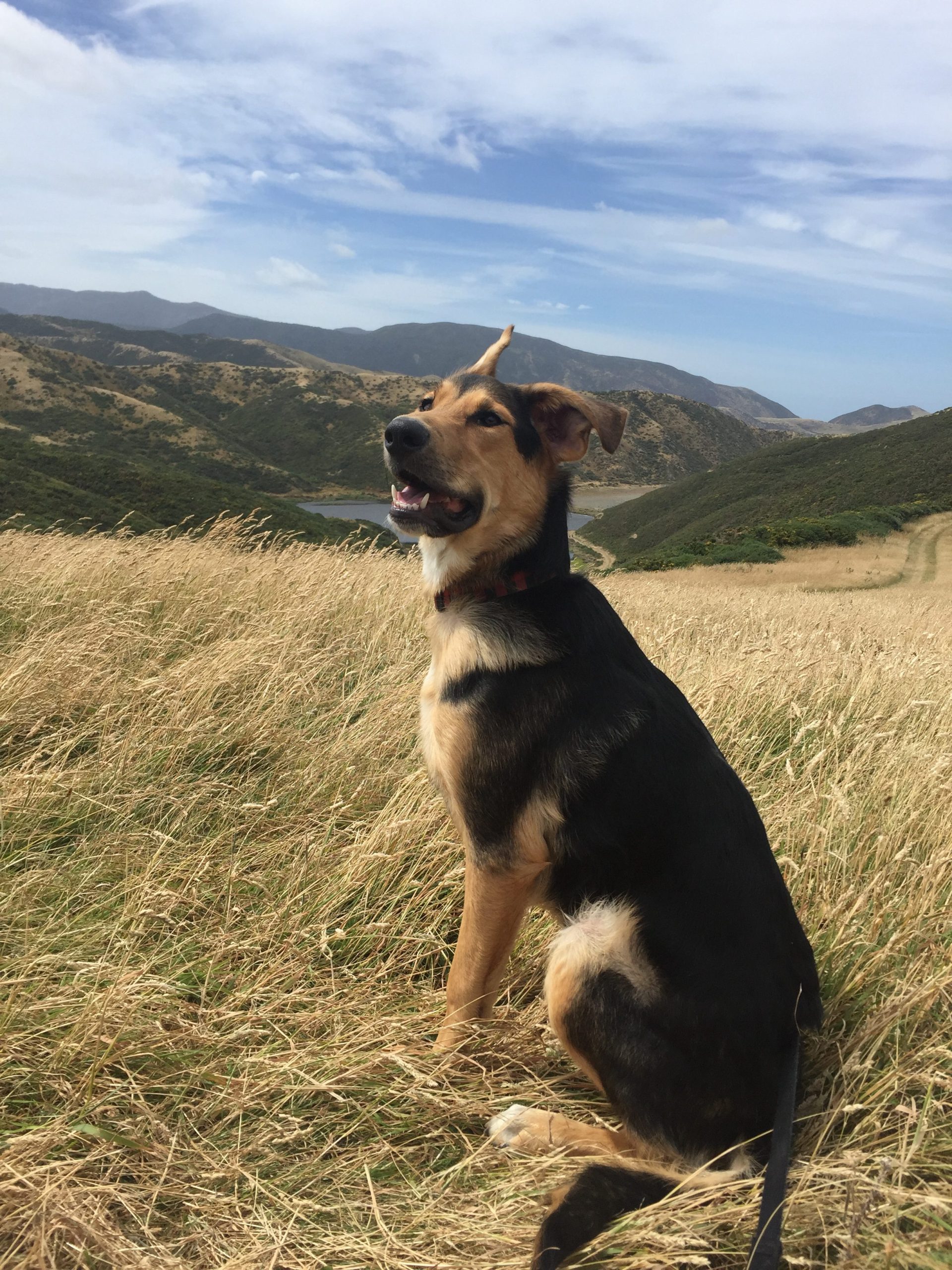Uncategorized
How to stop your dog barking
All dogs do bark, it is completely normal, as a child talks. However, there are some dogs that do bark excessively. If that is a problem you have then the first step to defeating this is finding out the reason why your dog is barking. Dogs bark as a form of (loud!) communication which means they are trying to tell you something.
There are hundreds of reasons why your dog is barking, here are a few:
If your dog becomes territorial/protective, if an animal or person comes into an area that your dog considers its territory then this will often trigger your dog to bark. As the threat gets closer, the bark normally gets louder as they are alarmed and perhaps scared.
Dogs are naturally pack animals, which means when a dog is left alone for a long period of time, whether they are in the house or in the garden, they still can become bored or sad and will often bark when they feel unhappy.
When a dog barks, it isn’t always a negative emotion. Dogs also often bark when they are greeting or playing. This bark is a happy bark and usually accompanied with tail wags and sometimes jumping.
Dogs also use their bark as a way of getting your attention, perhaps because they’re hungry or want to play or need to go outside.
Dogs also suffer from separation anxiety, these dogs often bark excessively when they are left alone. They also usually exhibit other symptoms as well, such as pacing, destructiveness, depression, and inappropriate elimination.
Here are a few tips to remember as you start to control your dog’s barking:
Shouting stimulates your dog to bark more because they may think you’re joining in. So the first rule is to speak calmly and firmly, but don’t yell.
Most dogs don’t know what you want when you’re yelling at them to “shut up.” So train your dog to understand the word “Quiet!”
It is important to never reward barking. If your dog barks when they want water, and you give them more water, you’ve taught him to bark to get what he wants. If he barks to go outside, it’s the same. You could try banging the water dish before filling it, and maybe they’ll start pushing it with his nose to make the same noise. Find ways for your dog to communicate without barking.
There are a number of products on the market that aim to stop your dog from barking. Collars that go on your dog can deliver audible or ultrasonic corrections to your dog, but they aren’t effective on all dogs. Citronella-spraying collars often work, but some dogs learn they can run them out of the spray and then bark when the collar won’t affect them.

